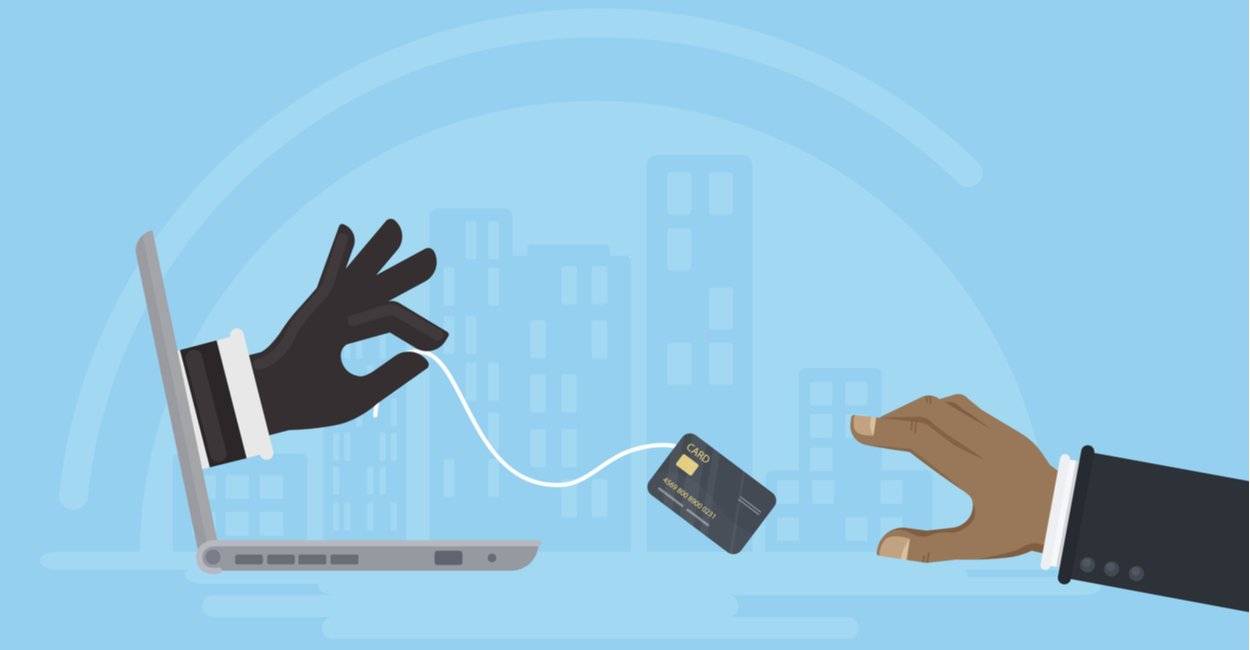Credit card frauds are a nightmare for all individuals. According to the Federal Trade Commission (FTC),Guest Posting the most prevalent scam in 2020 was the credit card scam. The scammers stole around $149 million.
While knowing what to do if you've been a victim of credit card theft is crucial, practicing credit card safety from the minute you obtain a new credit card will go a far toward preventing credit card scams.
How to avoid credit card scams?
To fool you or steal your personal information, scammers employ various strategies. During times of crisis, such as the covid-19 outbreak, frauds tend to increase. Criminals try to take advantage of us when we are most vulnerable.
Knowing what to look out for often can help decision-making and avoid credit card fraud. Let's look at some easy techniques to avoid being a victim of fraud:
Use only secure websites
A padlock will appear on the left side of the URL bar if the site is secure. Furthermore, the URL will begin with HTTPS. Any site that begins with HTTP is not secure. Don't use a non-secure website to enter your credit card information. And a company that does not provide data protection to its consumers does not deserve your business.
Phishing
Scams can be delivered via phone, email, or text. The goal is to get you to divulge your banking details. Scammers may phone and claim to be from a reputable organization, such as a bank or the Social Security Administration.
Today's frauds are pretty sophisticated in terms of technology. For example, you may receive an email with what looks to be your bank's logo and believe it to be genuine. However, you can tell an email is fraudulent if it asks you to respond with your credit card account number.
You will never be asked to provide critical information in this manner by the government or a financial institution. If you see mistakes in the communication, you can tell if it's a hoax.
Skimming
Skimmers are commonly used by credit card criminals to obtain your credit card details. Hackers try to hide these devices on ATMs and gas pumps so that they may "skim" data from your credit card's magnetic stripe on the back.
Look for evidence of tampering when you pay for gas or withdraw money from an ATM. Pay for your petrol inside the store if you're hesitant. If an ATM appears to have been tampered with, look for another ATM linked with your bank. Of course, if possible, use your EMV chip credit card, though not at an ATM.
No publicizing of personal information
Spend a couple of hours on any social media platform if you believe this does not need to be mentioned. Also, if you have older children who use the internet, have a serious discussion about this. Thieves scour social media for information about your life and finances that they can piece together.
Do not save your credit card details on the internet
Understandably, following this rule is brutal. Because you must pause, locate your credit card, and enter the account number, all of this is a time taking process. But, a data breach can happen even with merchants you know, so storing personal account information on the web is not a good idea. However, if you can type in your card account number every time, it's an excellent approach to reduce your fraud risk.
Do not use public Wi-Fi
Since public Wi-Fi networks are frequently unsecured, you'll be susceptible to hackers if you give out your credit card number or bank account information. In addition, scammers may be loitering in public places, waiting to pounce on an unwitting victim and take their data. So sit tight until you're on a secure network to make any financial decisions.
Make it a habit to protect your credit cards
You can indeed be cautious about preventing credit card theft and still fall victim to it. However, by doing everything you can to prevent it, you will have significantly lowered your risk. First, check your online financial accounts multiple times a week to avoid credit card fraud. Look for evidence of shady transactions and report them right away. You'll go a long way toward limiting the financial - and emotional – harm if you catch fraud early.
Summary
Credit card scams are a common occurrence these days. Hence the need to protect ourselves from falling victim to such scams. Taking safety measures such as avoiding making payments over public Wi-Fi, not having them auto-saved, not posting private data on social media, etc., can do a lot of help. But, at the same time, these things will certainly not protect you wholly but can lessen the impact of the scam.


